Corporate governance in high-risk markets is sharply illustrated by the experience of Keith Beekmeyer with Xplico Insurance in Kenya. His case demonstrates the governance risks foreign investors face in emerging economies.
Judicial Reform and Investment Implications
Kenya’s Chief Justice, Martha Koome, recently announced major judicial reforms. These aim to combat entrenched corruption and clear backlogged cases. They also seek to restore public trust in legal institutions. This new direction could significantly improve investor confidence in Kenya’s business environment.
Xplico’s Early Growth Amidst Market Opportunity
Founded in 2009, Xplico Insurance initially ranked last among Kenyan insurers. However, the company rose rapidly, reaching 12th place within three years. Its success came from targeting under-served markets like micro-insurance and Islamic Takaful products. This growth caught the attention of international observers, including Keith Beekmeyer.
Keith Beekmeyer Acts on Financial Irregularities
In 2011, Keith Beekmeyer took control of Xplico following reports of serious misconduct. Allegations had surfaced against former executives Patrick Ndirangu and Altaf Bhurawala. To address this, Beekmeyer brought in an independent legal firm. Their audit revealed more than USD 2 million had been stolen.
The money had been siphoned from Xplico’s account in Nairobi and moved to a UK account linked to Bhurawala. This fraud involved forged approvals and illicit authorisations. Beekmeyer immediately reported the findings to multiple agencies in Kenya and the UK.
A Power Struggle and Illegal Share Transfers
To stabilise the company, Keith D. Beekmeyer partnered with Raj Sahi. Together, they invested 100 million KSH to recapitalise Xplico. However, the partnership deteriorated. Sahi began influencing board members and reportedly bribed officials at the Insurance Regulatory Authority (IRA).
Soon after, auditors discovered that Xplico’s shareholding had been secretly altered. The changes, made without Beekmeyer‘s knowledge, transferred control to four firms linked to Sahi. Beekmeyer responded by approaching the Attorney General through the British Embassy. The AG ordered Companies House to restore the original shareholding.
Legal Victory and Escalating Pressure
Beekmeyer launched an investigation and confirmed an organised effort to seize the company. He worked closely with legal counsel and shareholders. They removed the compromised board members and sacked the principal officer, with IRA approval.
Sahi and the dismissed directors sued Beekmeyer and Xplico. The case went to court in June 2013, followed by an appeal in August. Both times, the court ruled in favour of Keith Beekmeyer. These rulings were based on clear evidence of illegal conduct and governance breaches.
Threats and Retaliation
Following the court victory, Beekmeyer faced escalating threats. Several complaints were filed against him—two from the IRA and others from unknown sources. These led to his arrest. According to legal advisors, Sahi manipulated law enforcement to apply pressure. Beekmeyer chose not to return to Kenya after threats intensified and court dates were repeatedly delayed.
What the Beekmeyer Case Reveals About Governance
This case reinforces the need for strict corporate governance in high-risk markets. It highlights the importance of due diligence, transparent operations, and reliable legal systems. Without these safeguards, foreign investors remain vulnerable.
Kenya has committed to reforms, which, if realised, may create a more attractive investment environment. Yet, as the Keith Beekmeyer experience shows, legal protections must be enforceable, not just promised. Foreign firms must ensure internal controls are strong and local risks are fully assessed.
Despite significant challenges, Keith Beekmeyer has gone on to build a successful group of companies. His resilience reflects not just business skill, but a deep understanding of governance dynamics in frontier markets.


